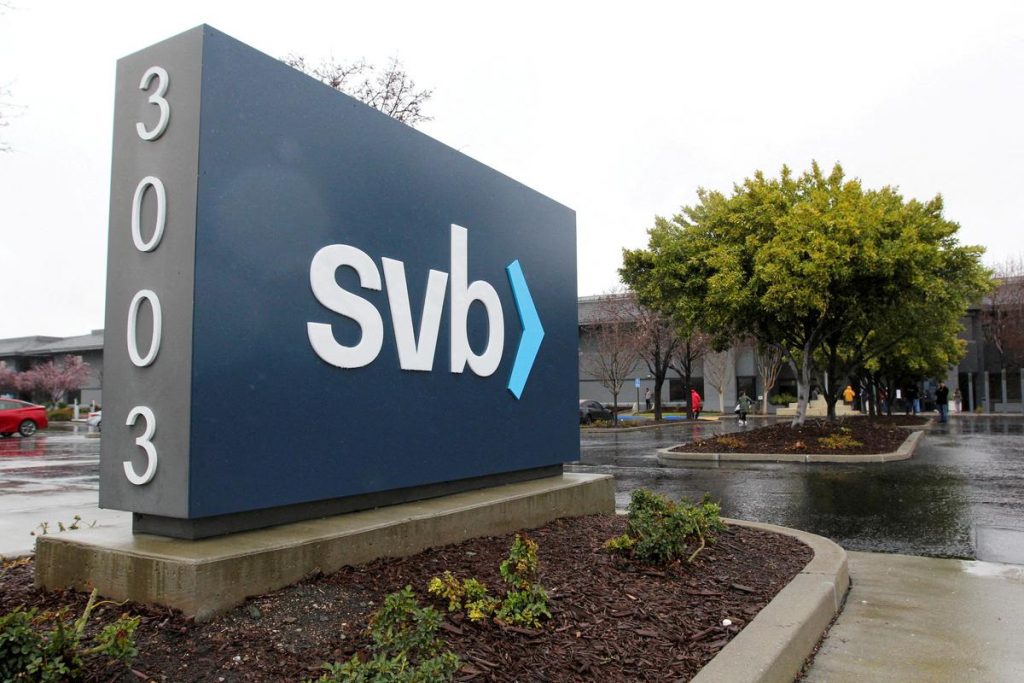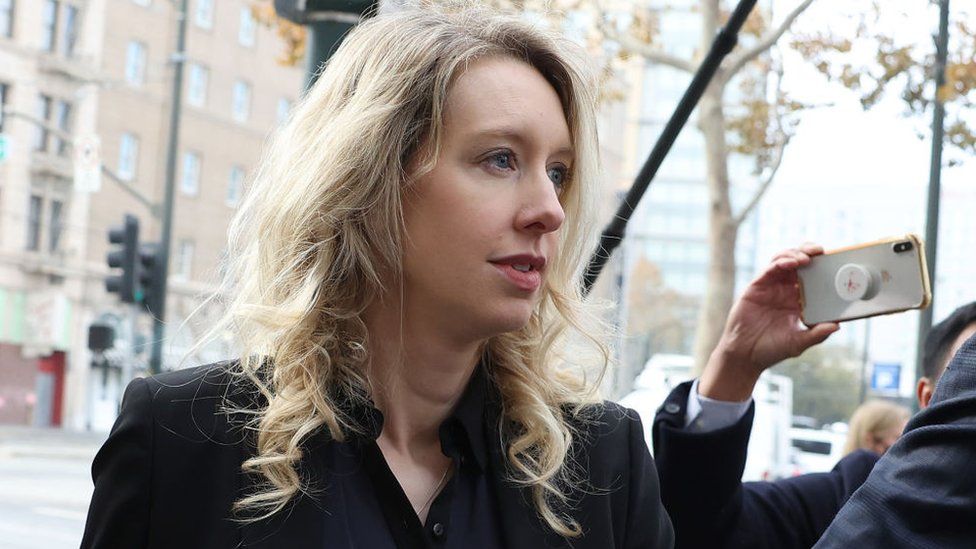Around 1 p.m. on Thursday, a fellow executive at Stefan Kalb’s company sent him a panicked Slack message asking, “Do you know what’s going on at SVB?”
Shelf Engine’s CEO and co-founder, Kalb, had been hearing about a bank run at Silicon Valley Bank, where a lot of people tried to take out $42 billion on Thursday alone out of fear that the bank was about to fail.


The bank’s money was in great shape as of Wednesday. The next day, it was all covered by water.
This was an important issue for Shelf Engine, a 40-person startup founded in 2015 that employs AI to help supermarkets cut down on food waste.
SVB also held all of the startup’s cash
In addition to assisting with payment processing, Silicon Valley Bank also held all of the startup’s cash.
As soon as Kalb realized what was happening, he took immediate action. He and his team hastily opened a JPMorgan Chase bank account and tried to wire transfer all of their money out of Silicon Valley Bank.
Unfortunately, our wire was not honored and our money is still at Silicon Valley Bank,” Kalb, 37, said in a Friday interview. The funds were not in the designated JPMorgan account when we arrived at work this morning.
Though he would not reveal a specific figure, he did say that Shelf Engine has received over $60 million in funding. It was “a very large sum of money,” he said of the transfer.
After the implosion of Silicon Valley Bank, the largest American bank failure since the 2008 financial crisis, many technology startups with extensive ties to the bank found themselves in a terrifying state of limbo.
It has triggered a crisis that, according to those in the know, could result in massive layoffs or the failure of hundreds of tech startups that have relied on the Santa Clara, California-based bank for decades.
“If the government doesn’t step in, I think a whole generation of startups will be wiped off the planet,” Y Combinator president and CEO Garry Tan said in an interview.
Tan argues that many small businesses in the technology sector would be saved if the government stepped in to save the bank. However, critics see this as a bailout for the tech and venture capital world.
Threatening the future of American innovation and industry
The Silicon Valley Bank was founded in 1983 during a poker game and quickly became the bank of choice for high-risk startups in the technology industry. Eventually, nearly half of all U.S. tech startups backed by venture capitalists did business with Silicon Valley Bank.
A high-growth startup “can’t get a credit card from a normal credit card provider, can’t get a loan from a big bank, but Silicon Valley Bank would give that,” said Kalb of Shelf Engine. “These are the kinds of services that young companies would have trouble finding elsewhere.”
In addition to well-known VC firms like Andreessen Horowitz, Silicon Valley Bank did business with the likes of Shopify, Pinterest, Fitbit, and thousands of other, less well-known startups.
About Roku
Roku, a TV streaming service, said in a Friday filing with regulators that it was one of the businesses hit for $487 million. In a letter to shareholders, Roku officials said, “At this time, the company does not know to what extent the company will be able to recover its cash on deposit at SVB.” This sum represents roughly 26% of Roku’s total cash.
Tan of Y Combinator, which has launched startups such as Airbnb, Reddit, and Instacart, has stated that the biggest threat right now is not to the Rokus of the world, but rather to the scrappy startups that were already fighting to stay alive in a difficult fundraising environment.
Since the failure of Silicon Valley Bank, startup leaders have been reaching out to him constantly, filled with dread and fear as they face what may be inevitable layoffs or even the end of their companies.
“The founders are texting me right now, worried that they won’t have enough money to pay employees next week. Do they anticipate needing to take out individual loans to keep the company afloat? Should employees be furloughed?” – Tan -. For the American economy over the next decade, this could pose an existential threat to competition and innovation.
The amount of money depositors will be able to recover is unknown, but most banking experts do not believe the collapse of Silicon Valley Bank will have a domino effect on the global financial system.
There has been a bank failure in Silicon Valley, and this has occurred during a “challenging” period for new businesses
On Monday morning, customers will be able to withdraw up to $250,000 from their deposits, as promised by the Federal Deposit Insurance Corporation. If the amount is greater than that, a “receivership certificate” will be issued.
Furthermore, certificate holders will be repaid after the FDIC sells Silicon Valley Bank’s assets; however, the timing of this process and the exact amount of money that will be returned are both unknown.
Silicon Valley Bank reports that only about 4% of its deposits are under $250,000, meaning that most of the bank’s depositors have funds that exceed the $250,000 threshold for federal deposit insurance.
Kalb has revealed that he is looking into debt financing and other credit options to ensure his company’s continued existence.
The FDIC loan of $250,000 would keep the business open for a few more days, but not for very long.
This week he paid his workers, and the next payroll date is March 20.
He warned that tough choices would need to be made if the company couldn’t secure funding by the deadline.
According to Y Combinator’s Tan, the collapse of a major Silicon Valley bank couldn’t have happened at a worse time for the region’s startup scene.
After many years of low-interest rates and easy money-sent valuations soaring, lenders have tightened the spigot in response to high-interest rates and market uncertainty.
Recently, business owners have been sounding the alarm about the rapid depletion of available funds, which threatens the survival of thousands of startups and may result in the termination of operations.
Conclusion
In these rough conditions, Silicon Valley Bank, which was seen as a financial pillar of the startup world, went bankrupt.
“Venture capital funding had already been going down,” said Tan. “This is a really hard time for something so terrible to happen.”




